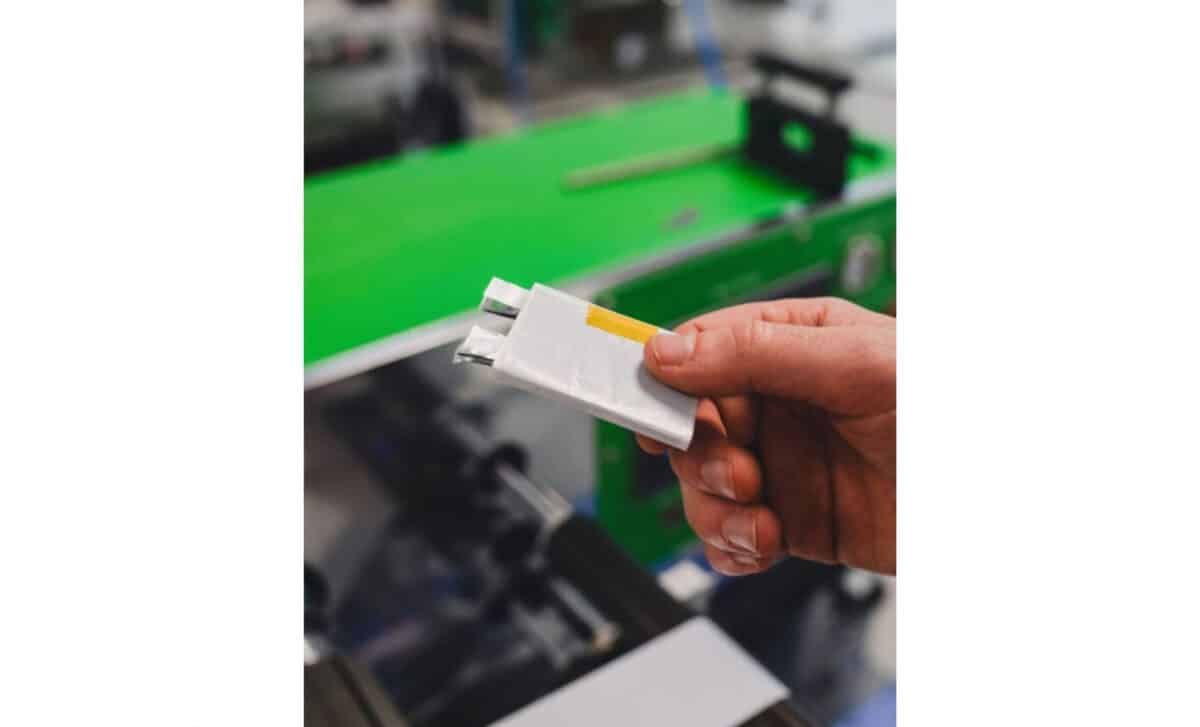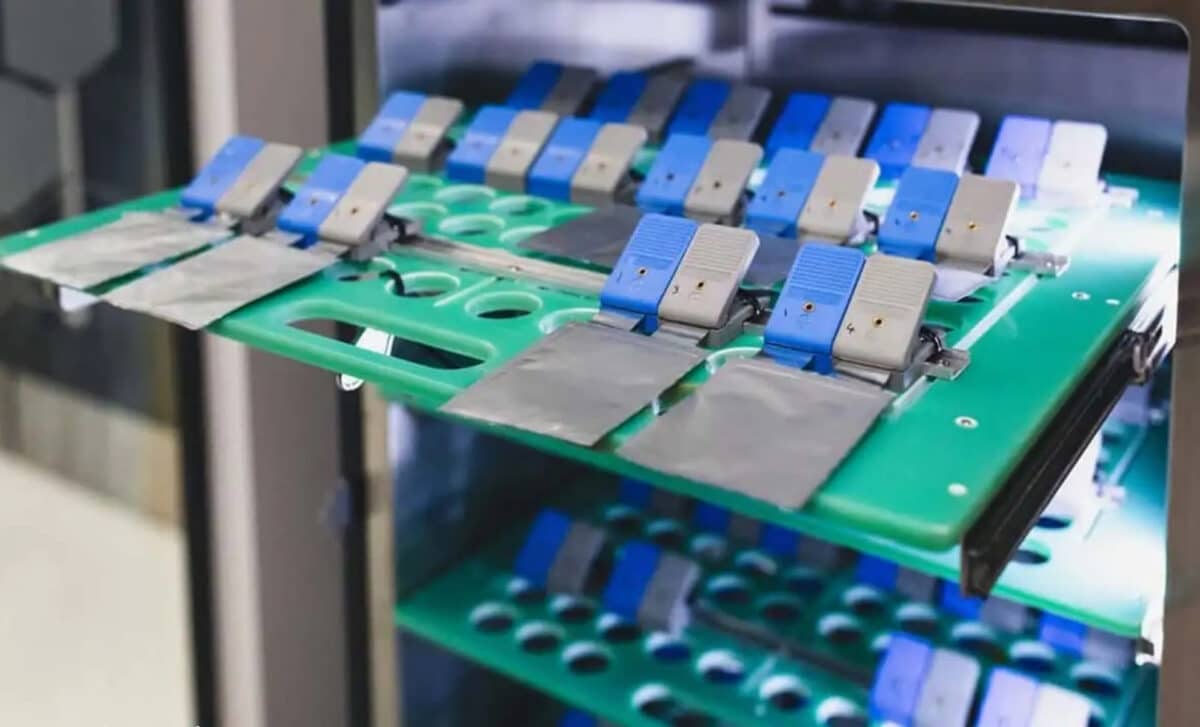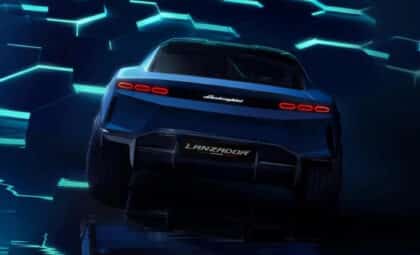Weighing just eight pounds and roughly the size of a shoebox, the unit promises to double the output of an average family SUV, while being cheaper, more durable, and more sustainable than traditional lithium-ion batteries.
Developed by Allotrope Energy, the device relies on an innovative material called Lignavolt, derived from a paper industry byproduct. The company says the supercapacitor recovers energy faster than existing battery packs and maintains consistent performance over time—without the complexity or cost of thermal management systems.
Supercapacitors store and release energy much faster than conventional batteries. Though they’re not suited for full-electric vehicles due to their rapid energy cycles, Allotrope’s solution could transform how hybrid powertrains function. The key to this leap lies in design efficiency and materials that reduce weight and increase responsiveness.
New Energy Material From Paper Byproduct
At the heart of the new technology is Lignavolt, a carbon material with nano-porous properties, made from lignin, the fibrous residue left over from paper production. Unlike typical battery materials, Lignavolt contains no rare earth elements, making it both environmentally friendlier and easier to source.
Allotrope claims its supercapacitor, powered by Lignavolt, delivers higher energy density than existing solutions, all while reducing the size and weight of the component by half. Motor1 reports that this allows the unit to harvest braking energy in just six seconds—a process that would require a much larger, heavier, and more expensive lithium-ion battery pack to match.
The company estimates that replicating the same level of performance with a battery setup would require a pack the size of a filing cabinet and cost close to $2,000. The supercapacitor, on the other hand, would cost around $100, offering a significant cost advantage.

Designed for Hybrid, Not Electric Vehicles
While the new supercapacitor is not intended for use in pure electric vehicles—its fast charge and discharge cycles don’t align with the steady energy needs of EVs—it appears ideally suited to hybrids. The unit can deliver large bursts of energy quickly, enhancing acceleration or performance during power-demand spikes.
According to Allotrope, the eight-pound unit could double the power output of a typical hybrid family SUV. That level of performance boost, without added bulk or degradation over time, could represent a major advance in hybrid vehicle design. The lack of performance decay also means drivers would not experience the gradual loss of power that often comes with aging battery systems.
Furthermore because the supercapacitor is not sensitive to heat or cold in the same way as lithium-ion packs, it eliminates the need for temperature control systems—further reducing weight and complexity.
Lighter, Cheaper, and More Stable
The benefits of Allotrope’s technology go beyond performance. The compact form factor, low cost, and temperature resilience make it especially attractive for manufacturers seeking to streamline hybrid architectures. Without the need for external heating or cooling components, the supercapacitor simplifies integration into a wide range of vehicles.
Weighing under nine pounds and retailing at roughly $100, the device stands in stark contrast to traditional battery modules in both price and design. As noted by the same source, the unit can recover energy during regenerative braking far more quickly than standard packs and maintain this performance consistently over time.









